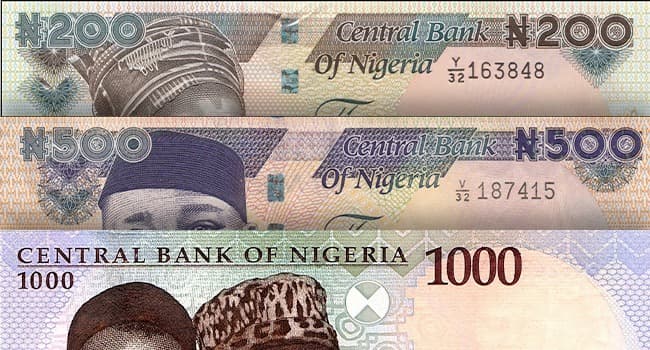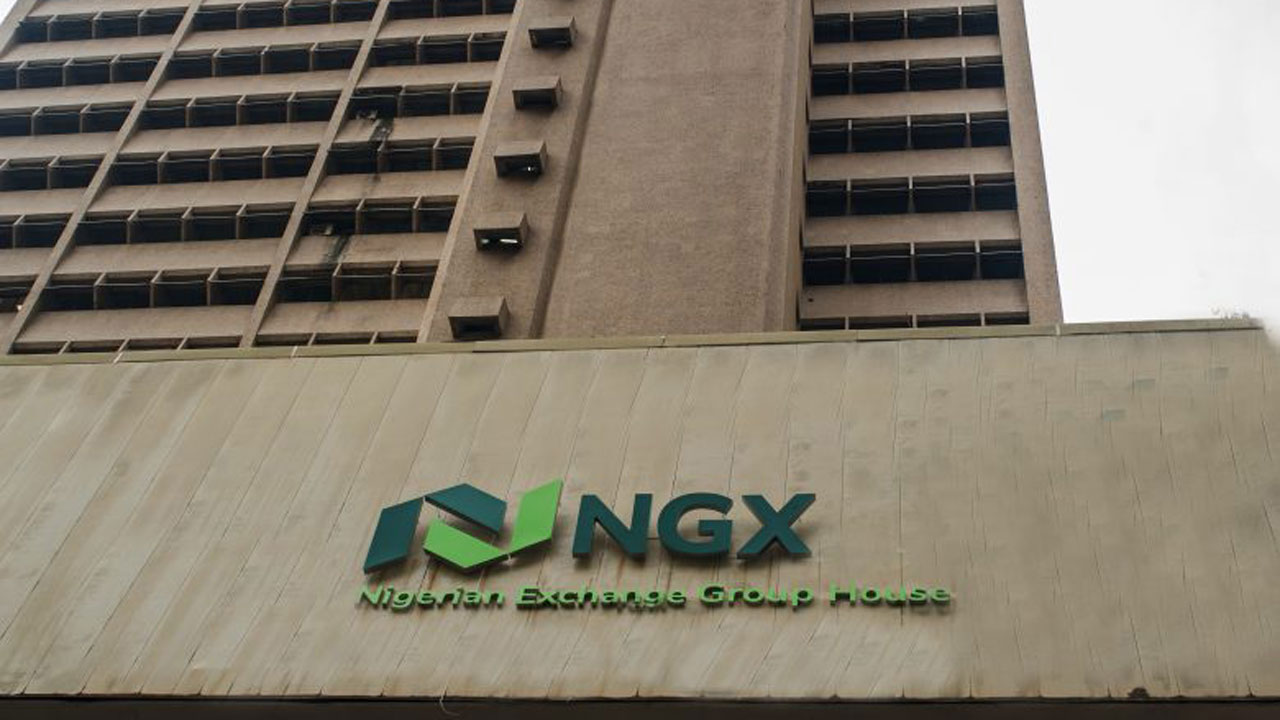The value of the Nigerian naira increased by more than 4.5% on Thursday at the Investors and Exporters foreign exchange (FX) market as demand pressures eased following the announcement by the Central Bank of Nigeria (CBN) of a strategy to clear the backlog.
The naira has been under pressure in FX markets as a result of the economy’s lack of US dollars. According to recent statistics office data, export receipts fell 5.20% year on year.
Despite this, Nigeria’s trade situation has improved in the recent year, with the value of imported products falling by more than 10% year on year. The acting governor of the central bank, Folashodun Shonubi, informed a meeting about the CBN’s strategy to clear a $2.5 billion backlog of foreign exchange requests.
As a result of the move, the balance in external reserves dipped successively despite surging global oil prices. Shonubi told a stakeholder meeting that the apex bank is working with commercial banks in the country to clear the unsettled foreign exchange backlog owed to local businesses in the next two weeks.
Data from FMDQ Exchange showed that the naira gained against the US dollar as it exchanged at N736.62 at the Investors and Exporters window. According to market data, the local currency appreciated by 4.53 per cent compared to the N771.59 it exchanged for the dollar on Wednesday.
Traders said the open indicative rate closed at N774.74 to the dollar on Thursday. It was noted that a spot exchange rate of N799.90 to the US dollar was the highest rate recorded within the day’s trading before it settled at N736.62.
FX traders recorded showed that the local currency was sold for as low as 700 to the dollar within the day’s trading. On Thursday, A total of 66.43 million dollars was traded at the investors and exporters window on Thursday.
The latest report published by the National Bureau of Statistics showed that Nigeria reported an uptick in her total trade value by N24.79 trillion under six months in 2023. Naira Gains as CBN Limits Tenure of Banks Chiefs
The report showed that total exports outpaced the total imports during the period to give a positive trade balance of N2.22 trillion on the back of the implementation of less restrictive trade policies.











